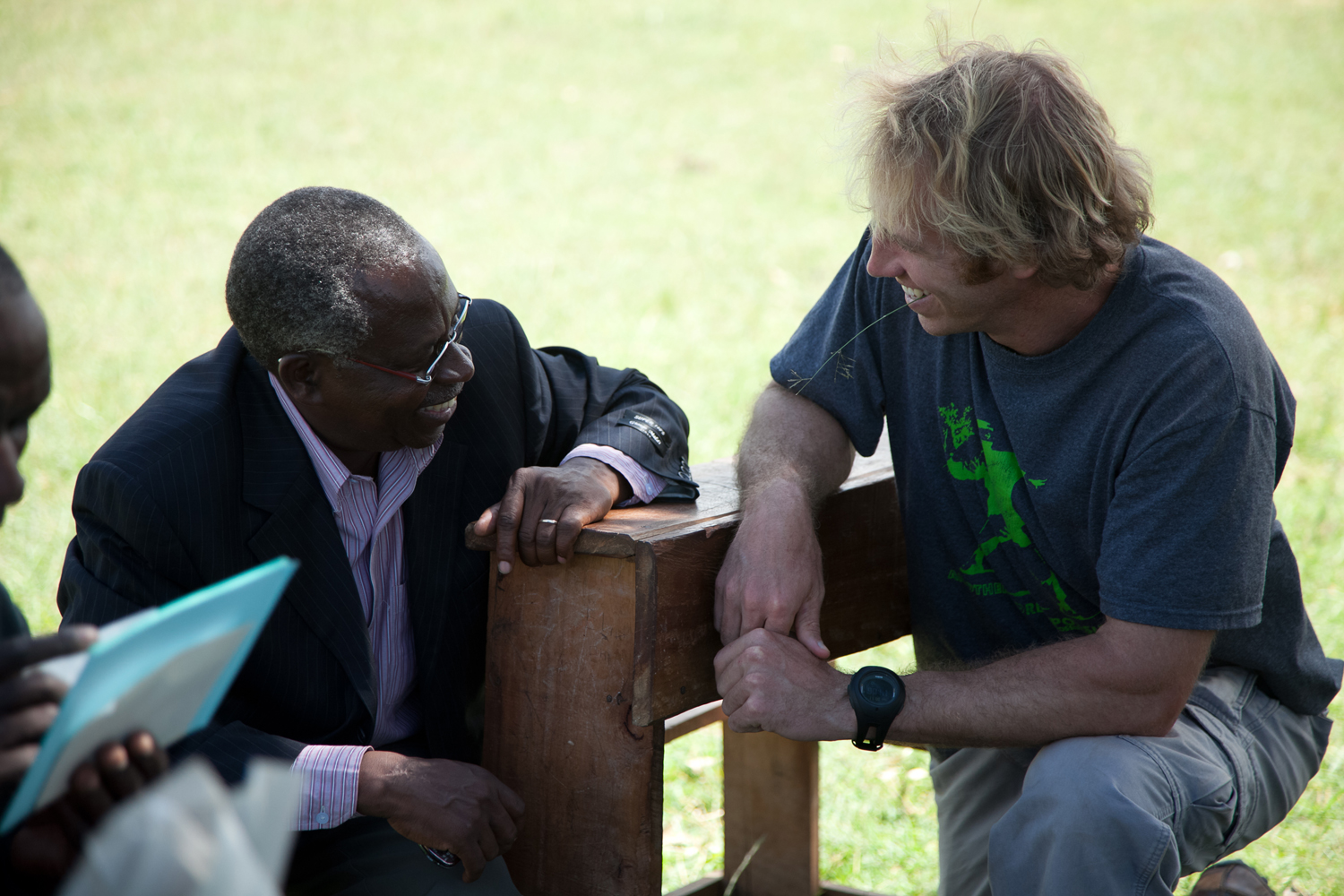Nuru Timeline
Since 2008, we have built local organizations that create sustainable agribusinesses, equipping communities to build their resilience and track toward prosperity. Nuru has been addressing extreme poverty at its roots since day one. Through the generosity of Nuru donors, Nuru has scaled its efforts to reach over 320,000 people through 294 agribusinesses in five countries in Africa.
Nuru Kenya launches with a few hundred farmers in rural Kenya, an East African country.

Kenya Landscape
Nuru Founder Jake Harriman receives the Rainer Arnhold Fellowship from Mulago Foundation.
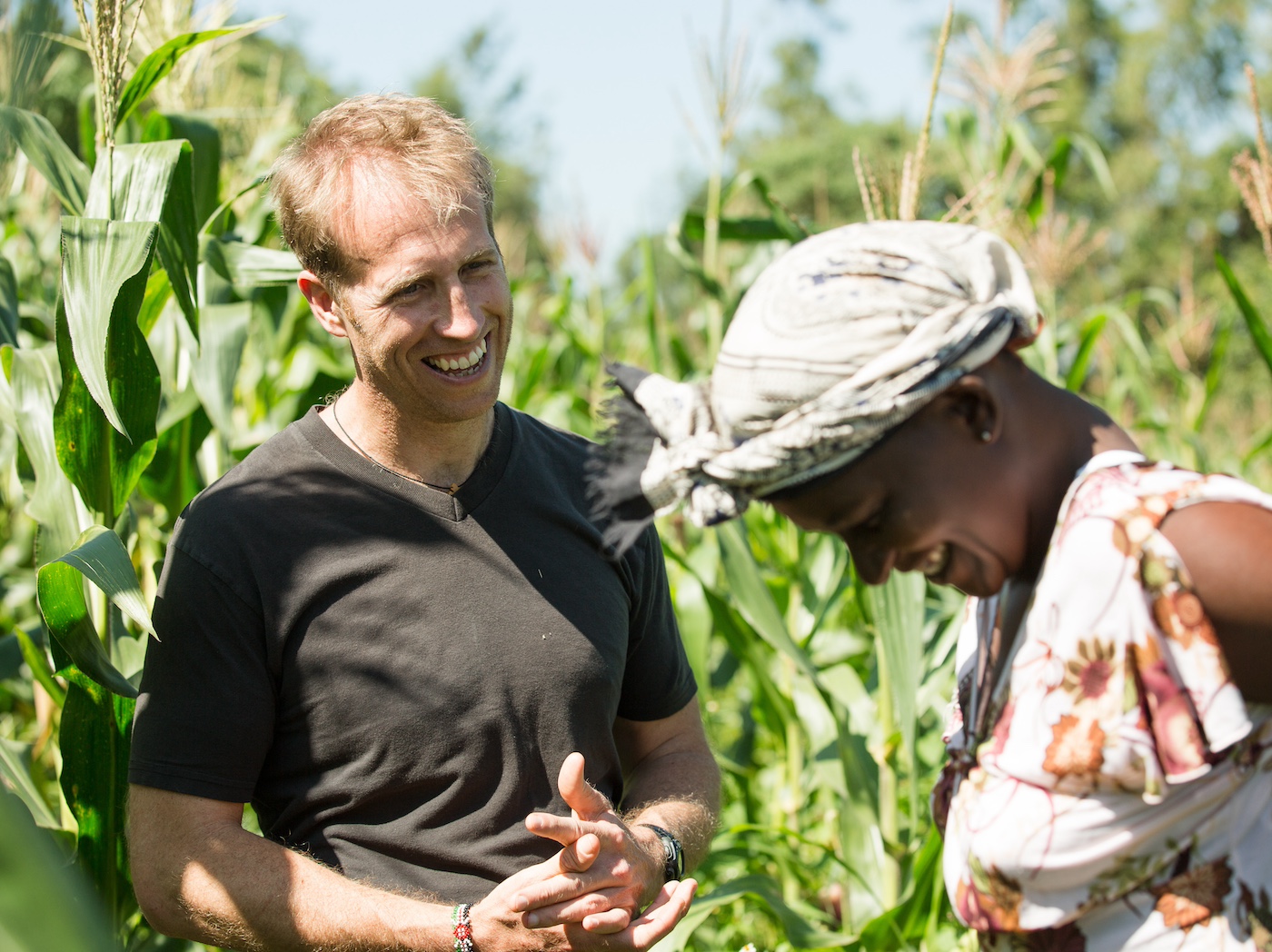
Jake & Nuru Kenya farmer
Nuru farmers in Kenya increase their crop yields by 250% from baseline.
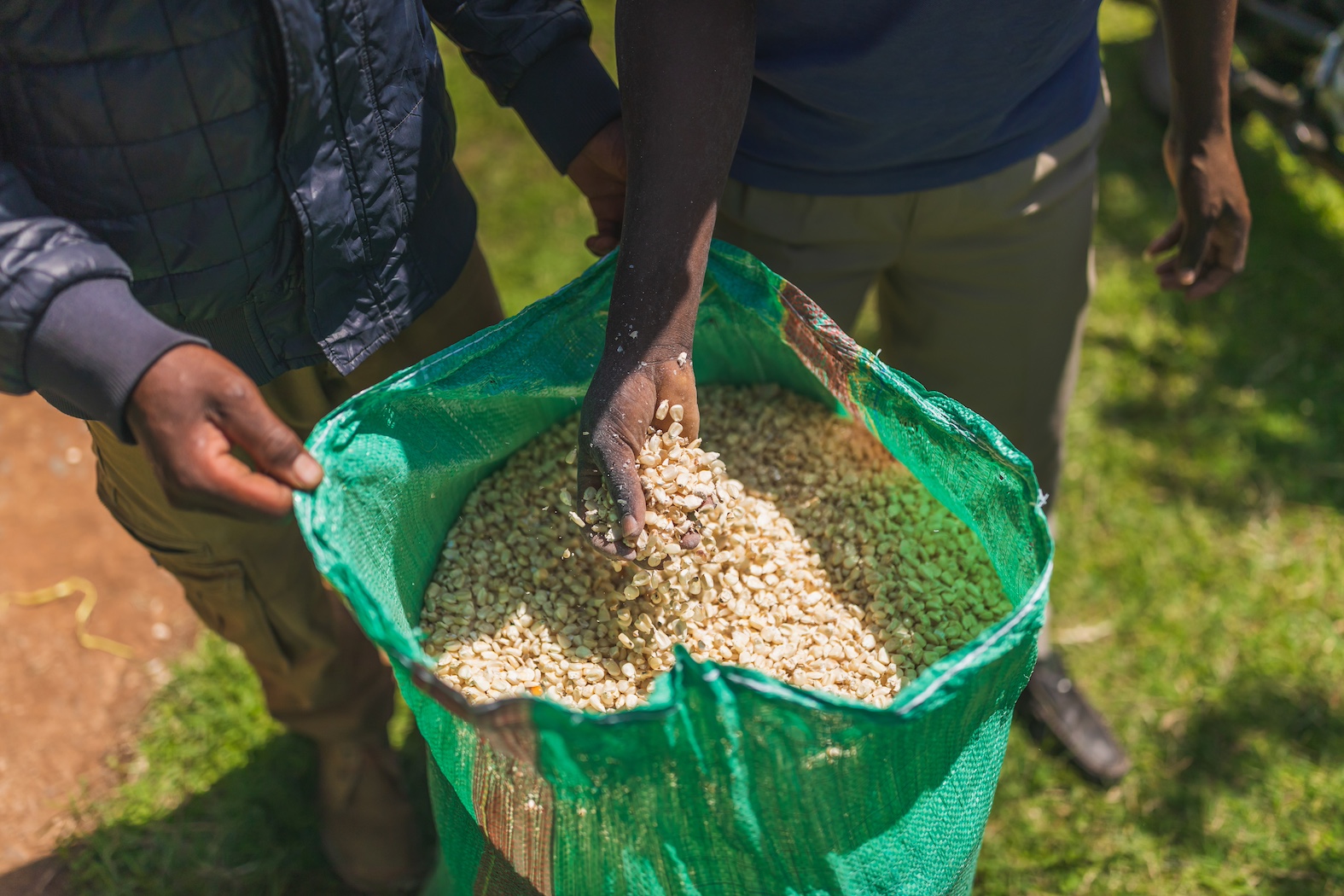
Nuru reaches a significant milestone, impacting the lives of over 10,000 people.
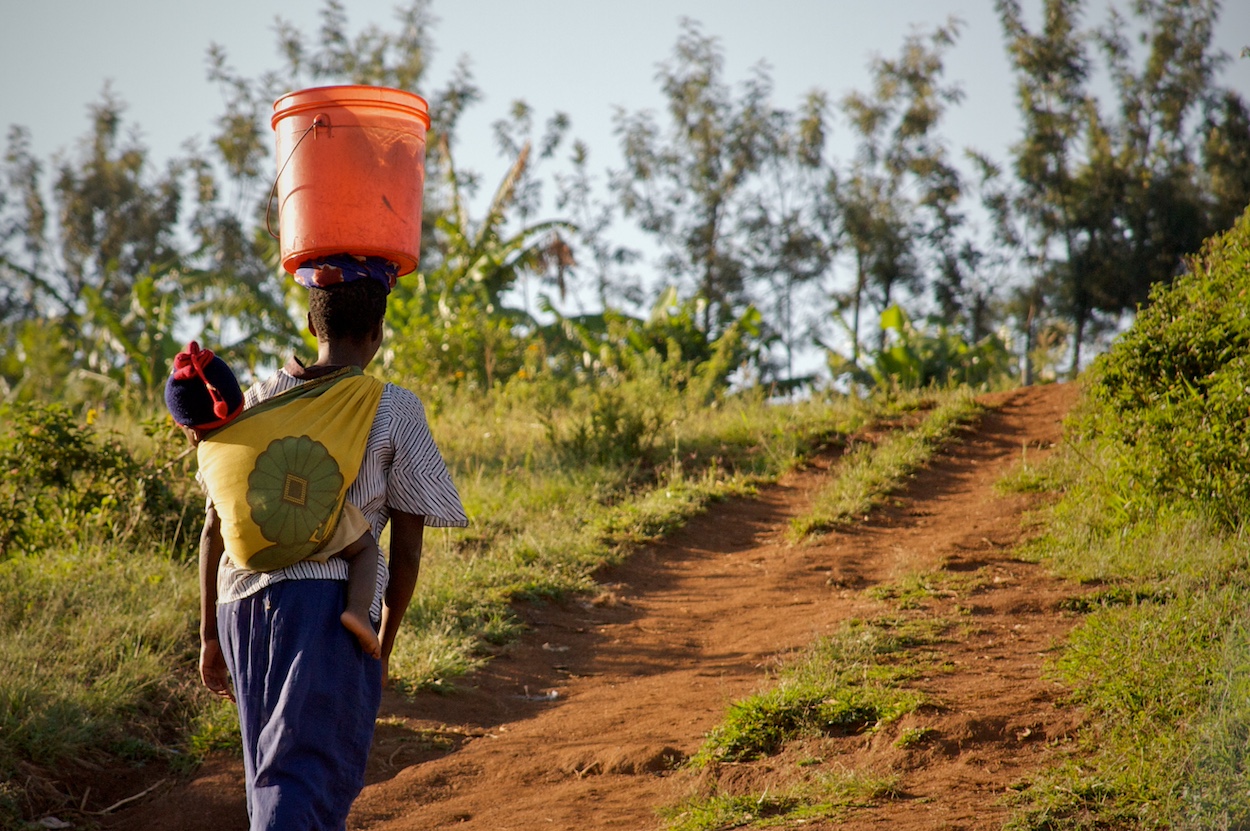
Kenya, Josephine, 2011
Capitalizing on lessons learned in Kenya, Nuru Ethiopia is established to reach rural smallholder farmers in southern Ethiopia.
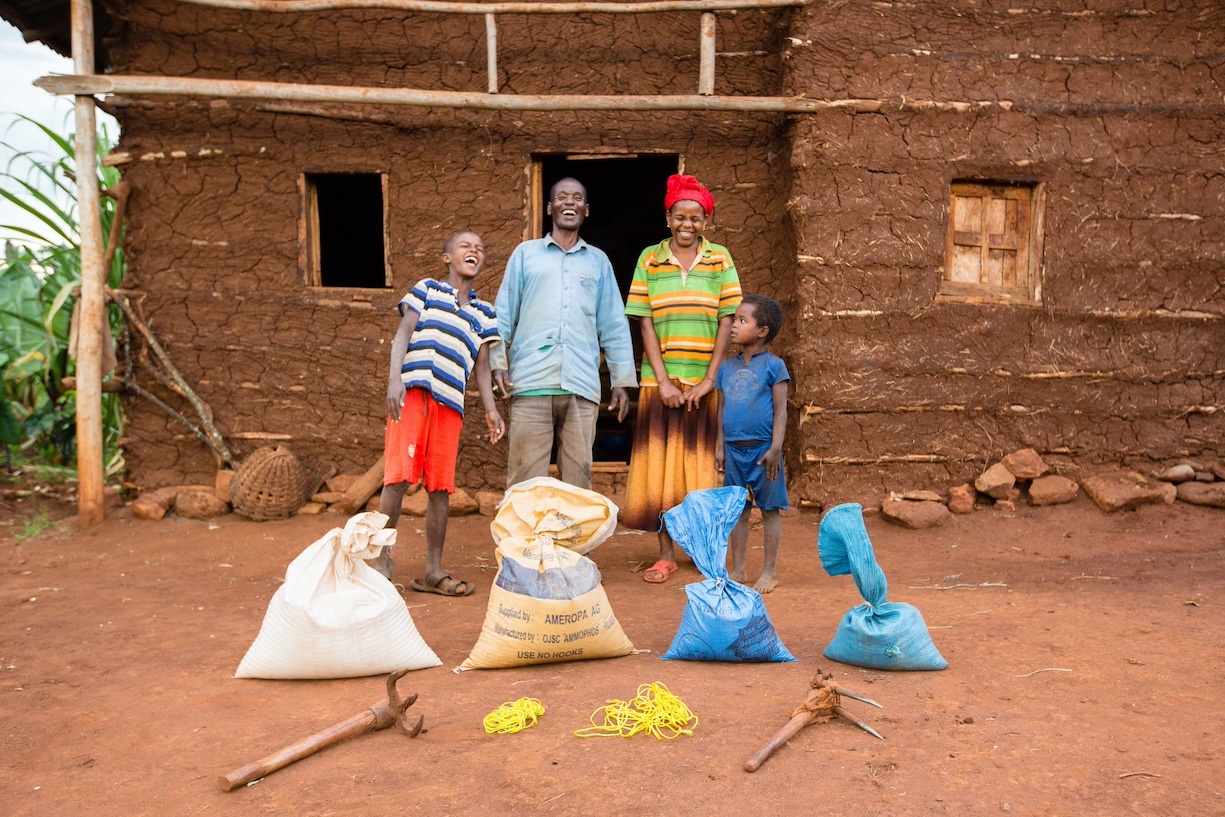
Ethiopia, Inputs, 2014
Nuru reaches over 50,000 people in Kenya & Ethiopia.
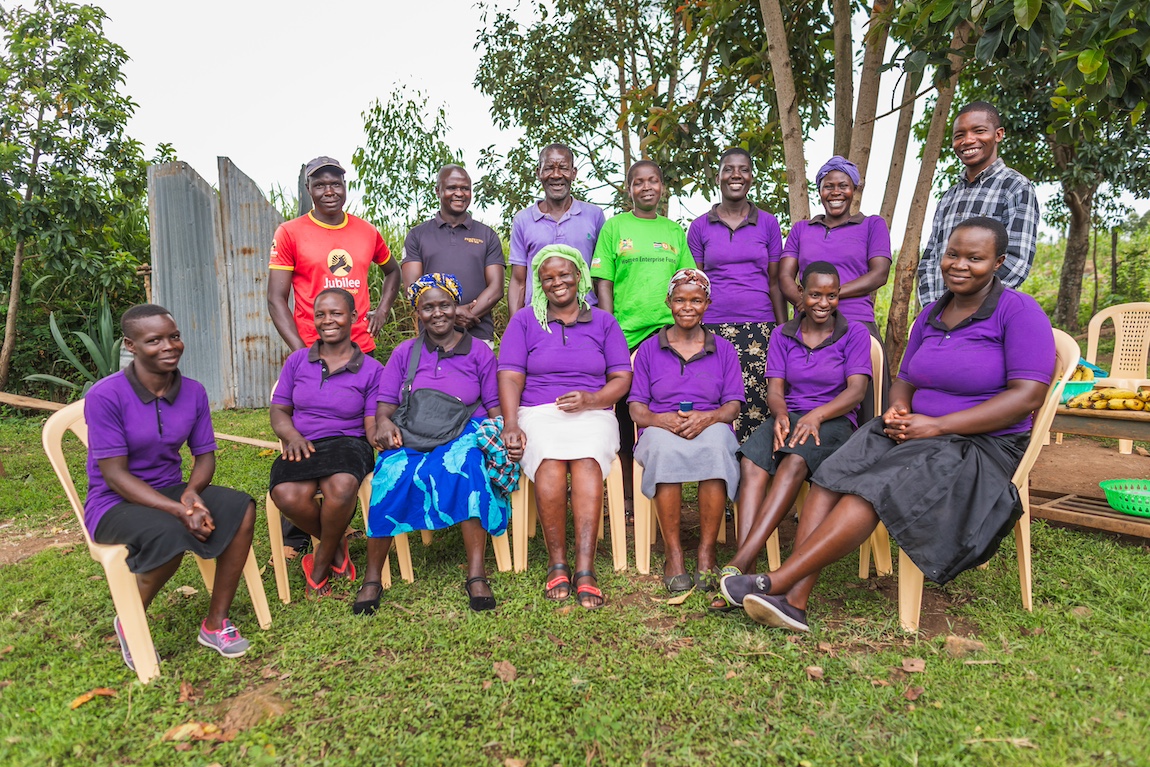
Nuru Kenya, 2018
Nuru Kenya cofounder Philip Mohochi unexpectedly and tragically passes away. Nuru Kenya Managing Director Pauline Wambeti begins leading Nuru Kenya.
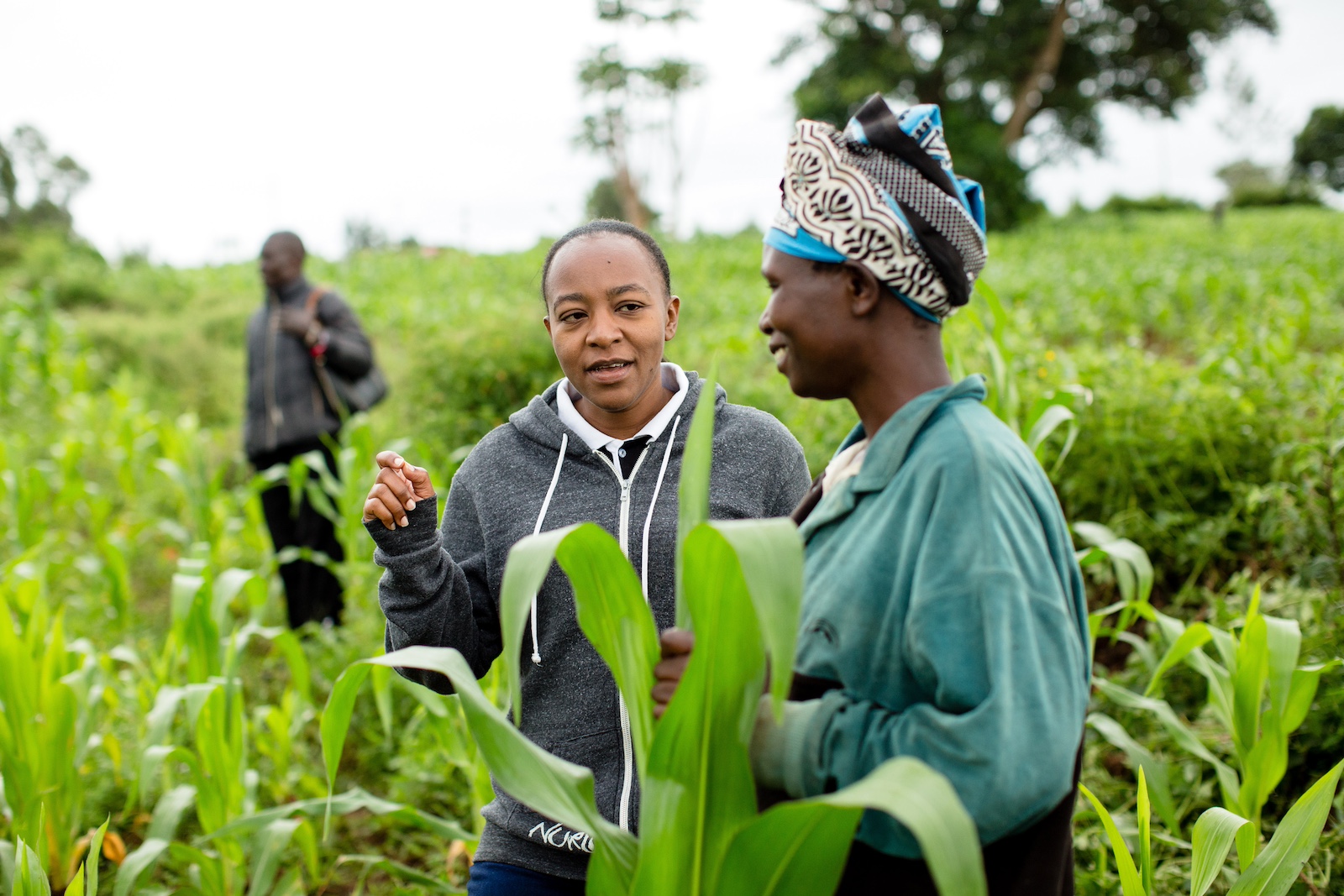
Pauline & farmer, 2015
Nuru gains recognition as a leader in the sector, garnering recognition on CNN, Fox News, MSNBC, and in the Stanford News.
Nuru impacts over 100,000 people in Kenya and Ethiopia.
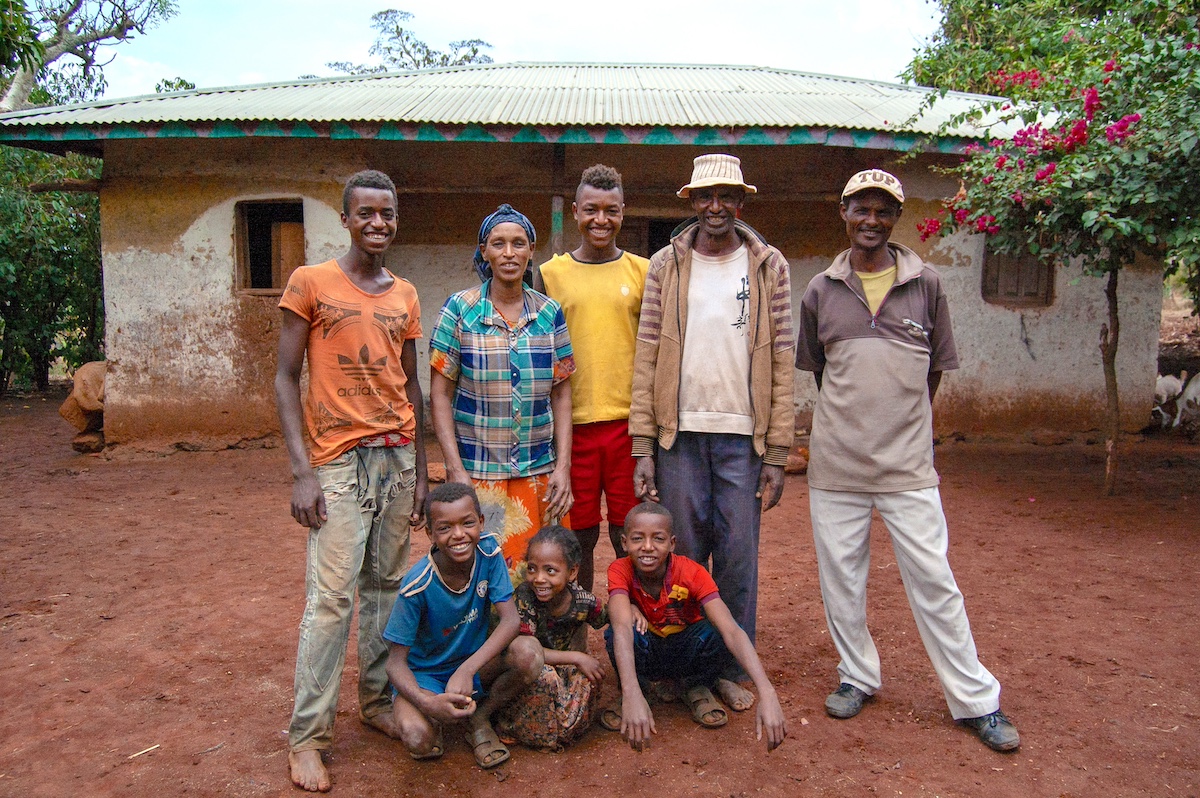
Ethiopia, Farmer Family, 2018
Nuru is an early signatory to the Gender Minimum Standards.
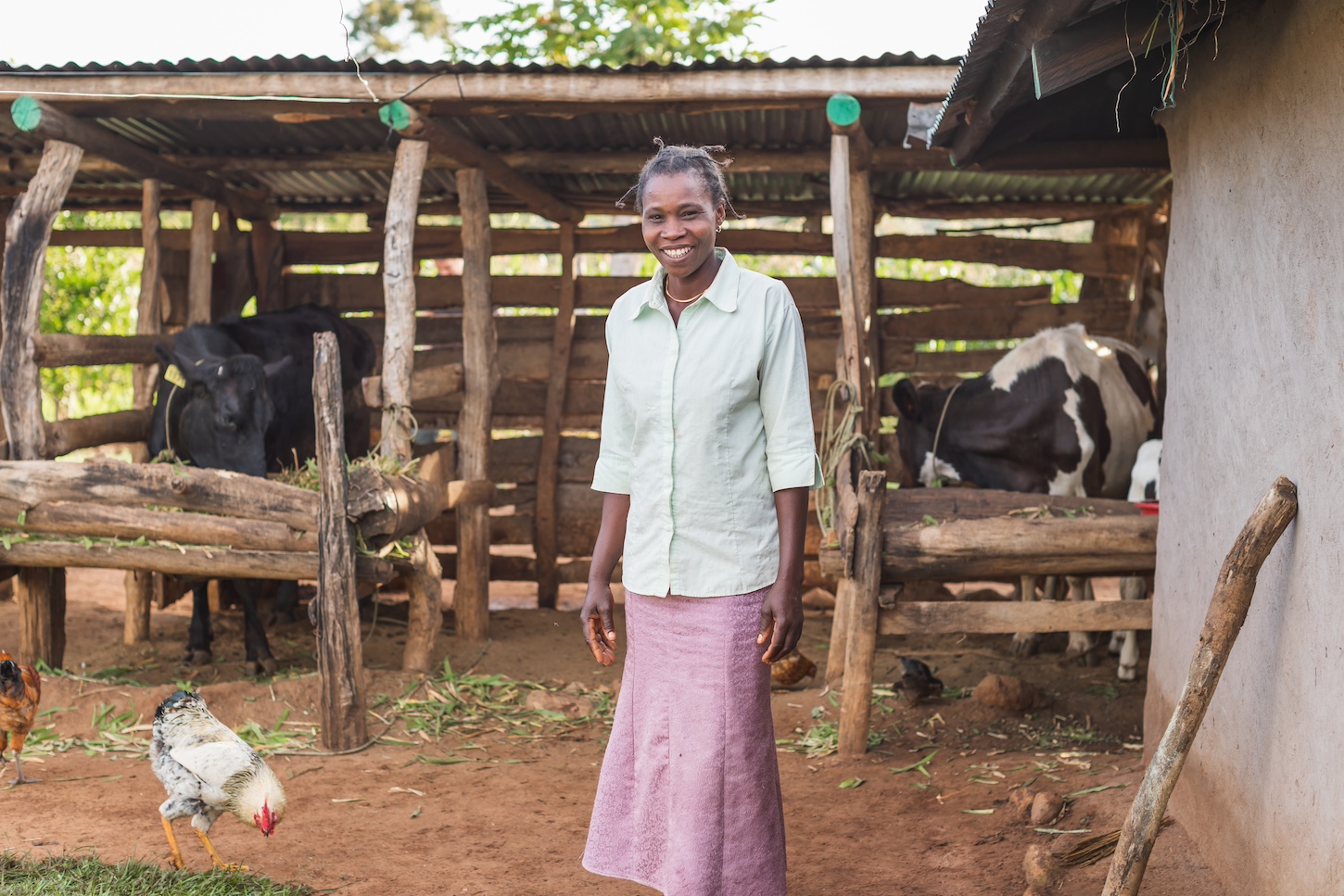
Kenya, Mary Joel, 2018
Nuru Nigeria marks the expansion into the Sahel, launching operations in northeast Nigeria, an area formerly under the control of Boko Haram.
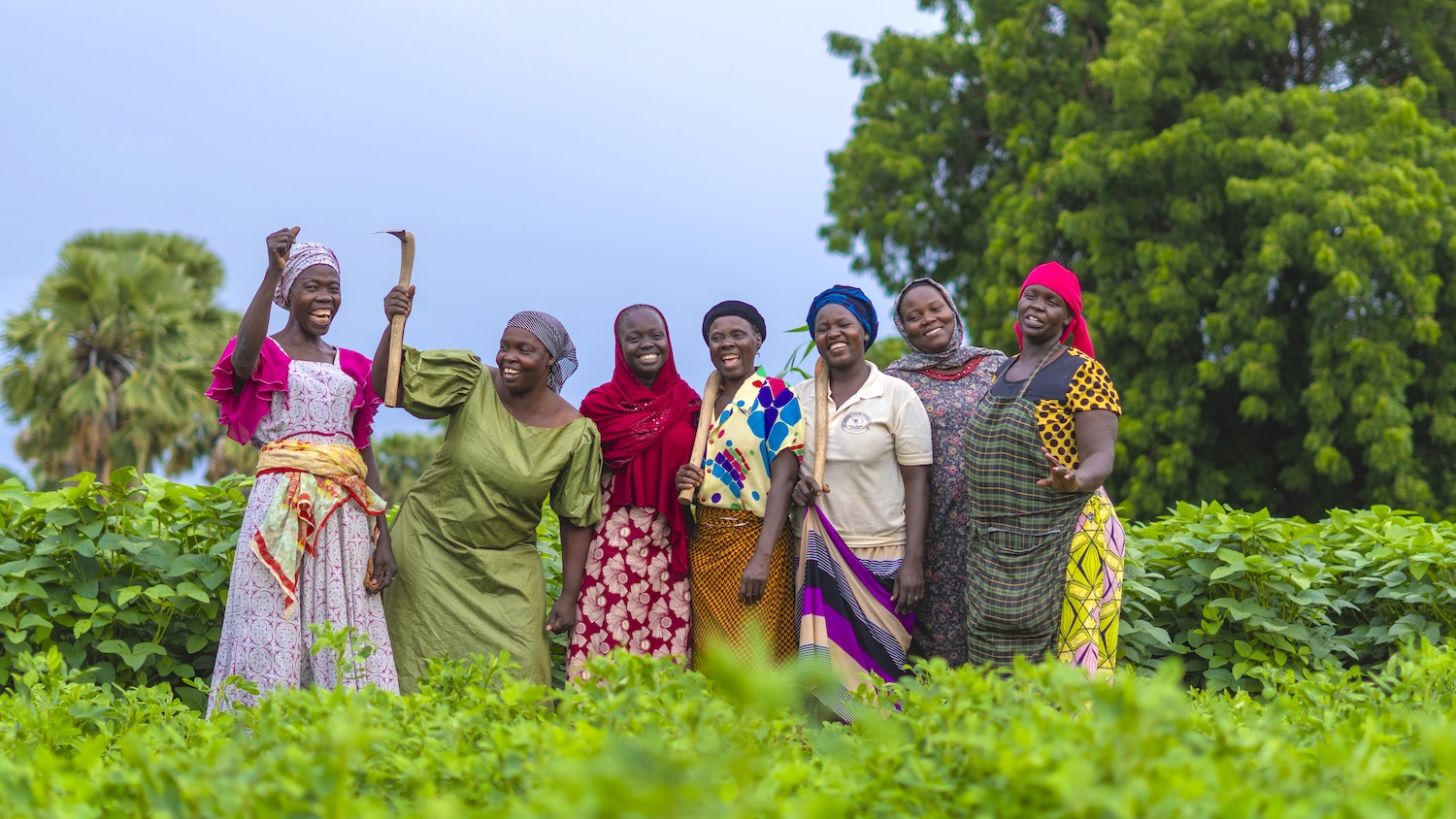
Nuru Nigeria Farmers, 2023
Nuru is named a Zayed Sustainability Prize finalist.
Nuru Kenya is named as a Climate Smart Agriculture Project of the Year finalist.
Pauline Wambeti, Nuru Kenya Managing Director, becomes an East Africa Acumen Fellow.
For the second year in a row, Nuru is certified as great place to work and recognized by the Times Nonprofit as a 2019 Best Nonprofit to Work For.
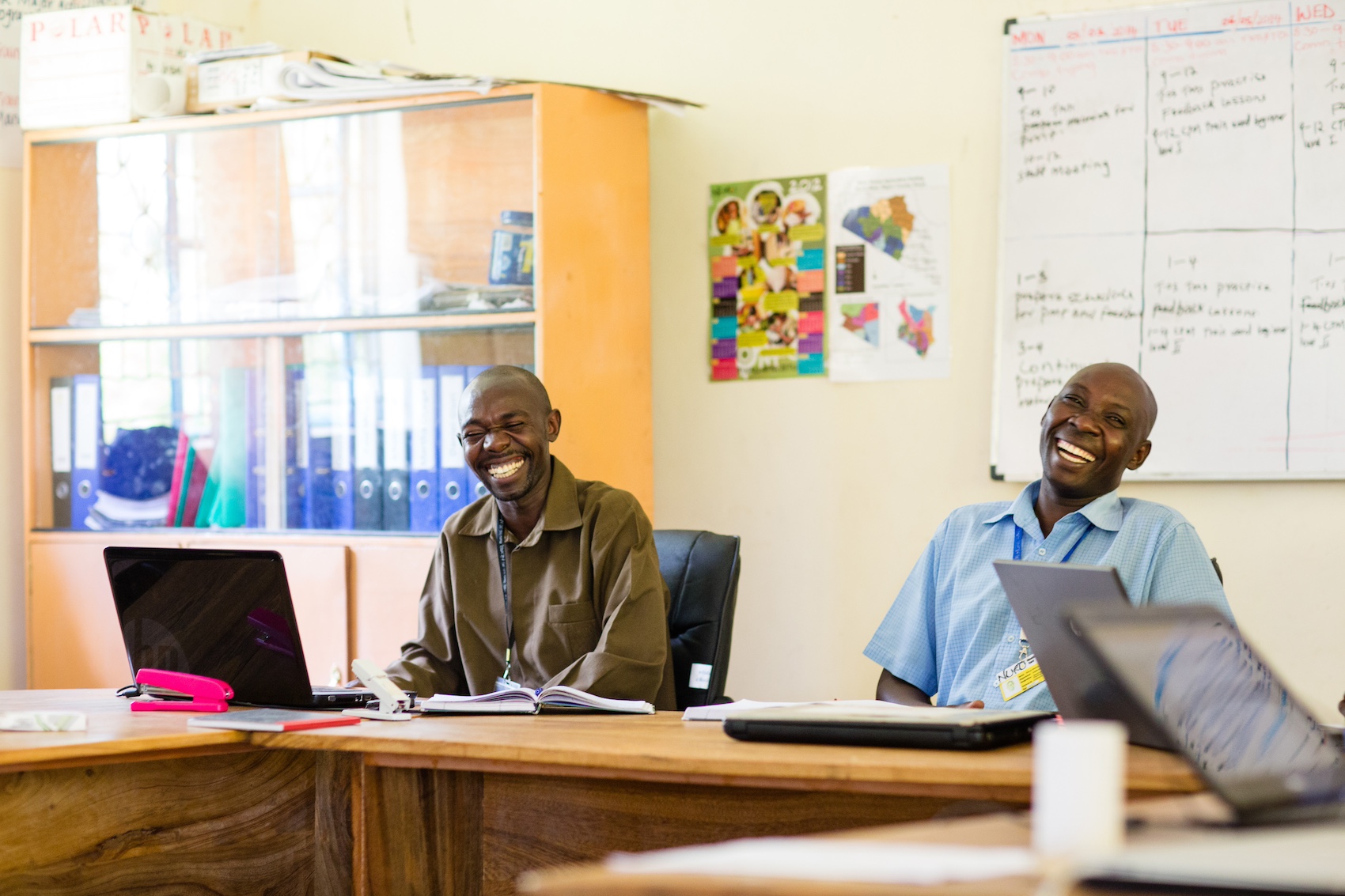
Nuru Kenya, 2014
Nuru Nigeria Managing Director Amy Gaman becomes a ONE Campaign Nigeria Champion and receives Award of Excellence in Leadership and Humanitarian Services.
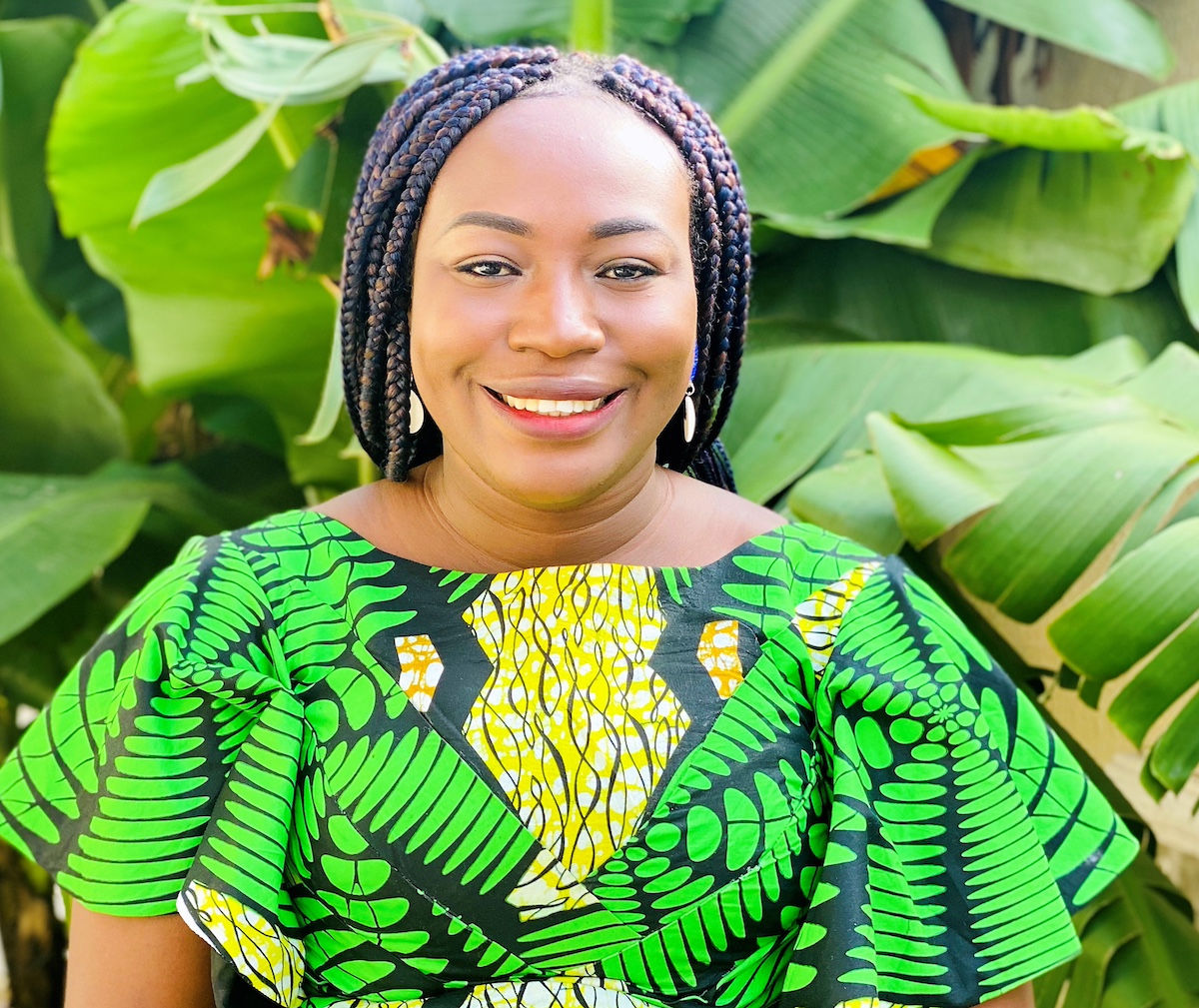
Amy Gaman, 2020
Aerie Changala becomes Nuru CEO and Founder Jake Harriman takes position on the Nuru board.
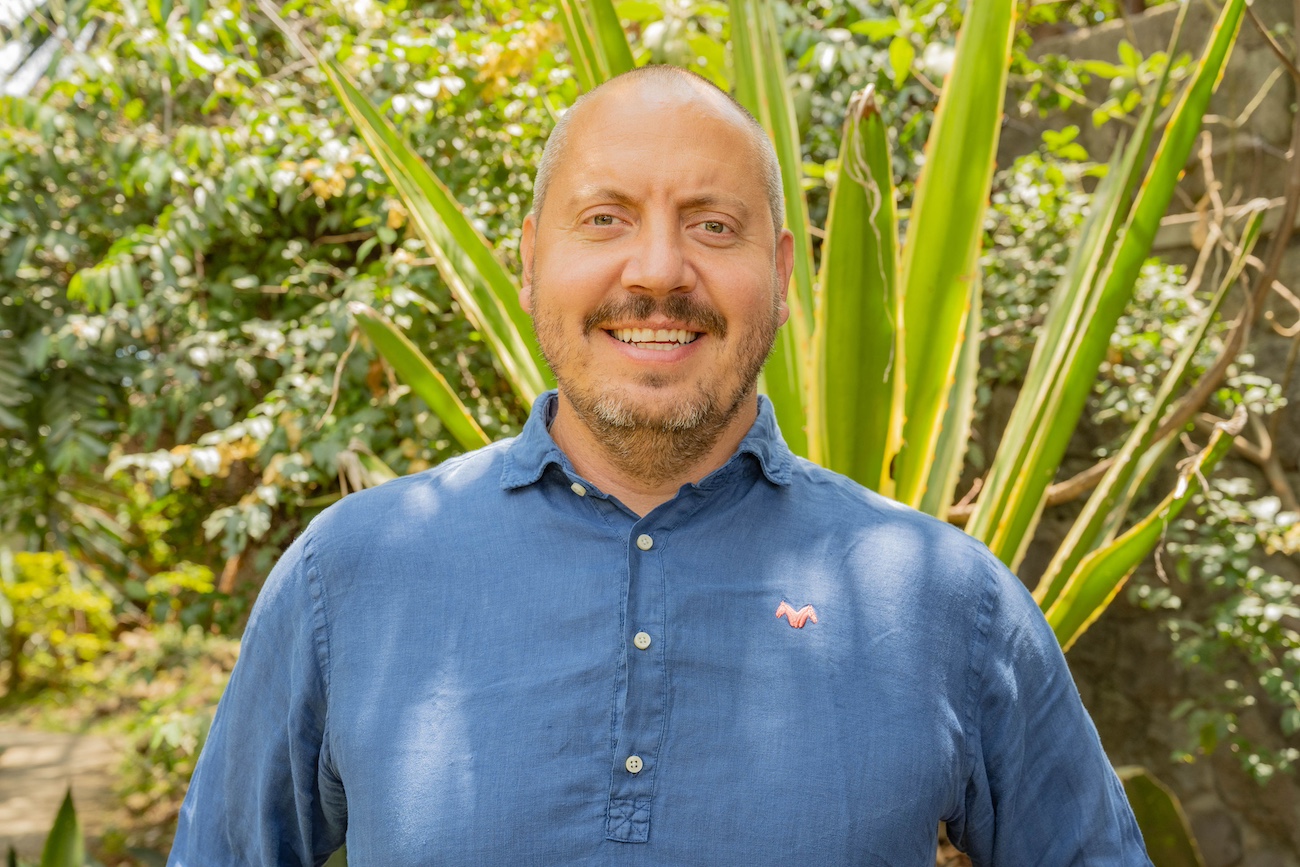
Aerie, 2023
Tom Kibet, Managing Director of Nuru Kenya Social Enterprises, is accepted into the Acumen and IKEA Social Entrepreneurship East Africa Accelerator Program.

Tom, 2023
Biruk Abayneh, Nuru Ethiopia Cooperative and Agribusiness Manager, is accepted into the Acumen and IKEA Social Entrepreneurship East Africa Accelerator Program.
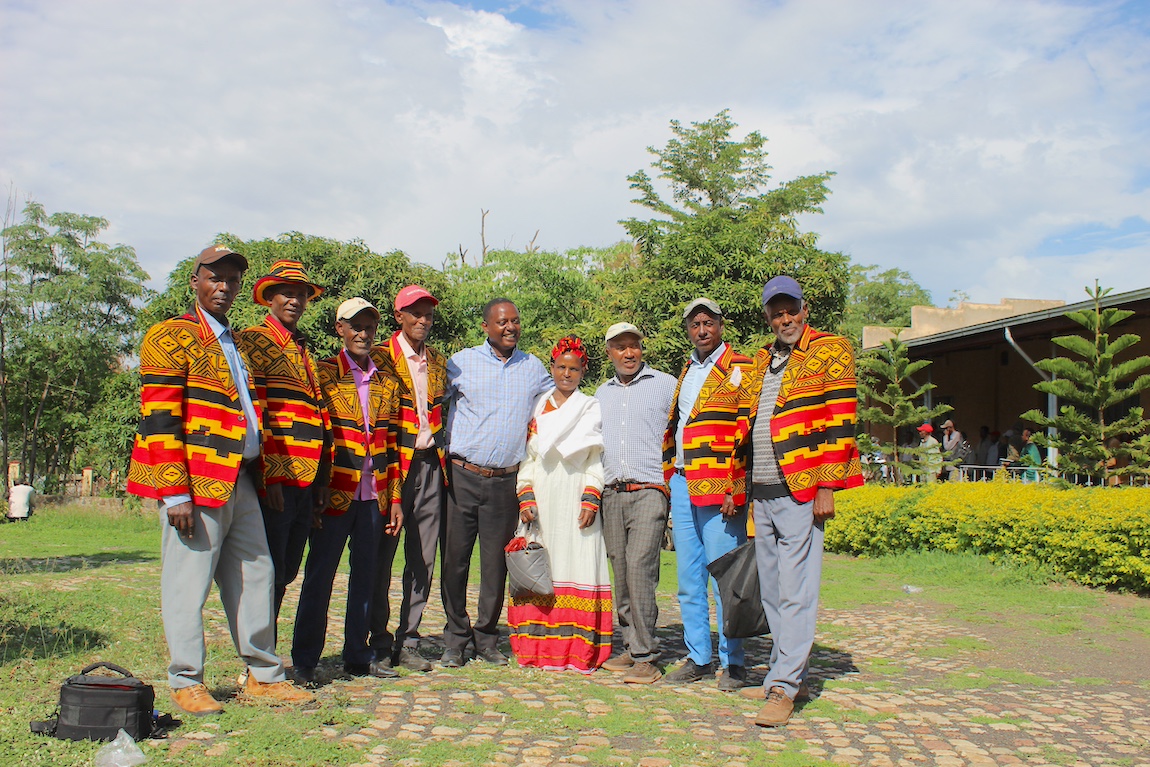
Biruk & Coop Leaders, 2022
Despite an ongoing global pandemic, Nuru increases its reach to 25% more people than in the previous year. Nuru farmers make nearly 75% more money than in the previous year.
Nuru Burkina Faso is established, delivering critical weather information to its first 1,000 farmers.
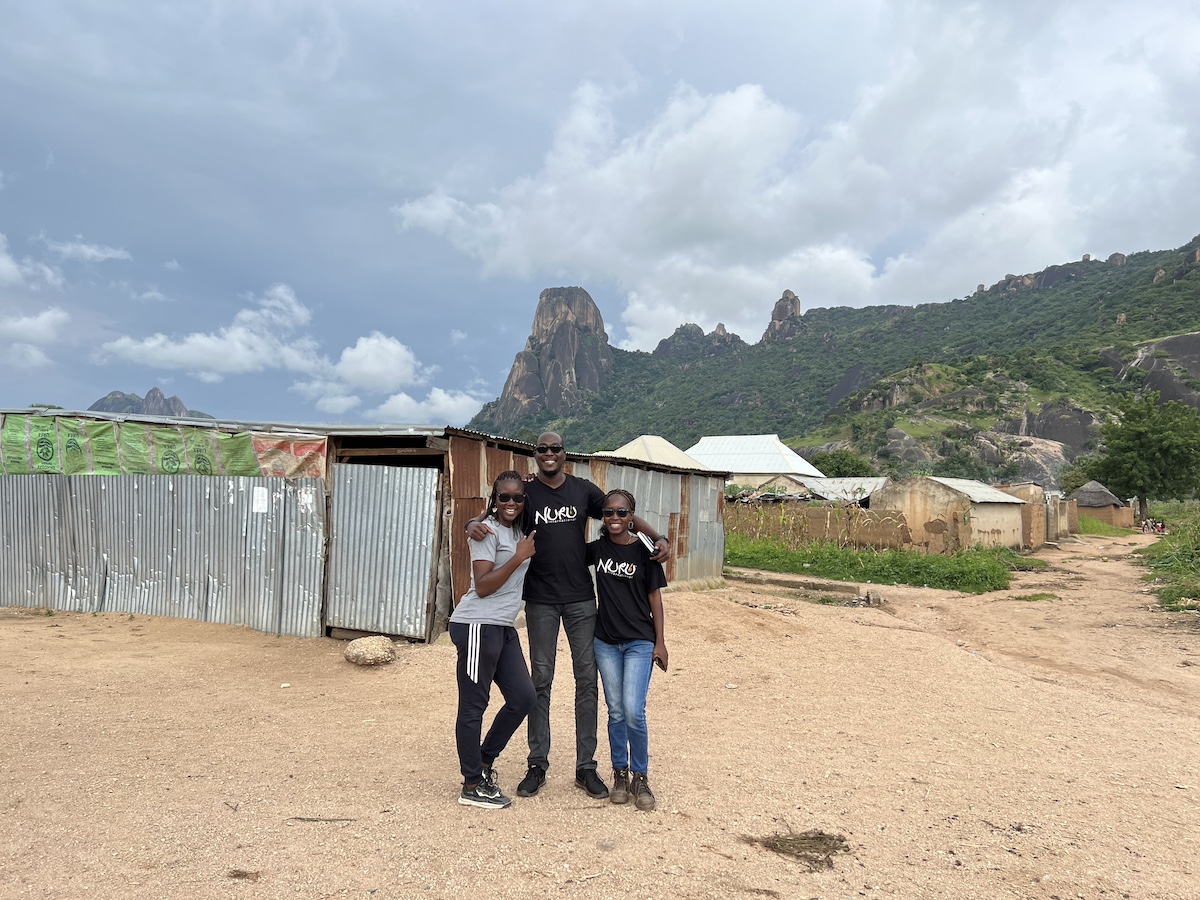
Nuru receives a Classy Award for Social Innovation.
Nuru Ethiopia Managing Director Abiy Meshesha is accepted into the Centre for African Leaders in Agriculture (CALA) Advanced Leadership Program.
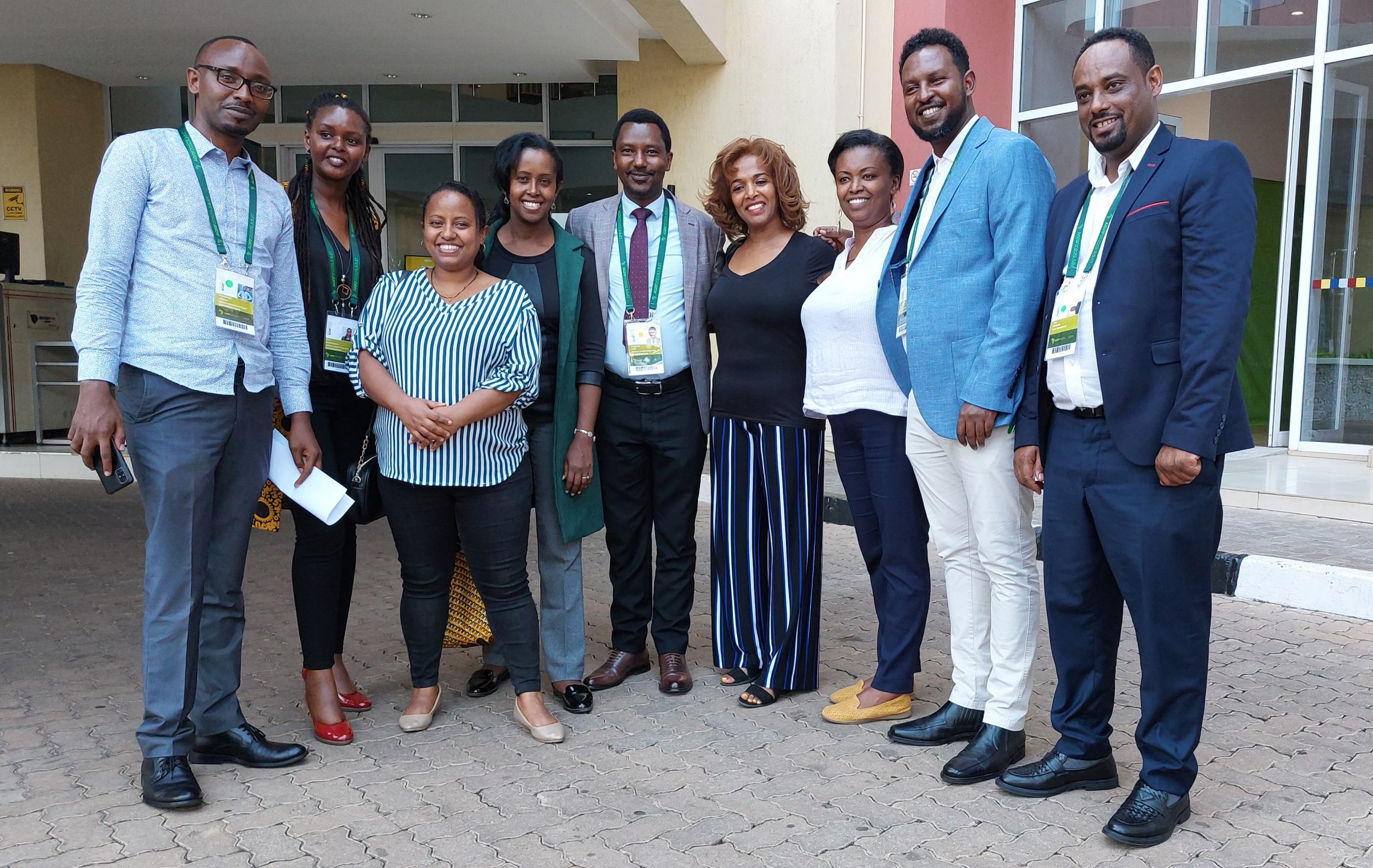
Abiy & CALA leaders, 2022
Nuru concludes five-year randomized control trial in Nigeria, which concludes that Nuru Nigeria has a positive and significant impact on building the resilience of smallholder farmers.
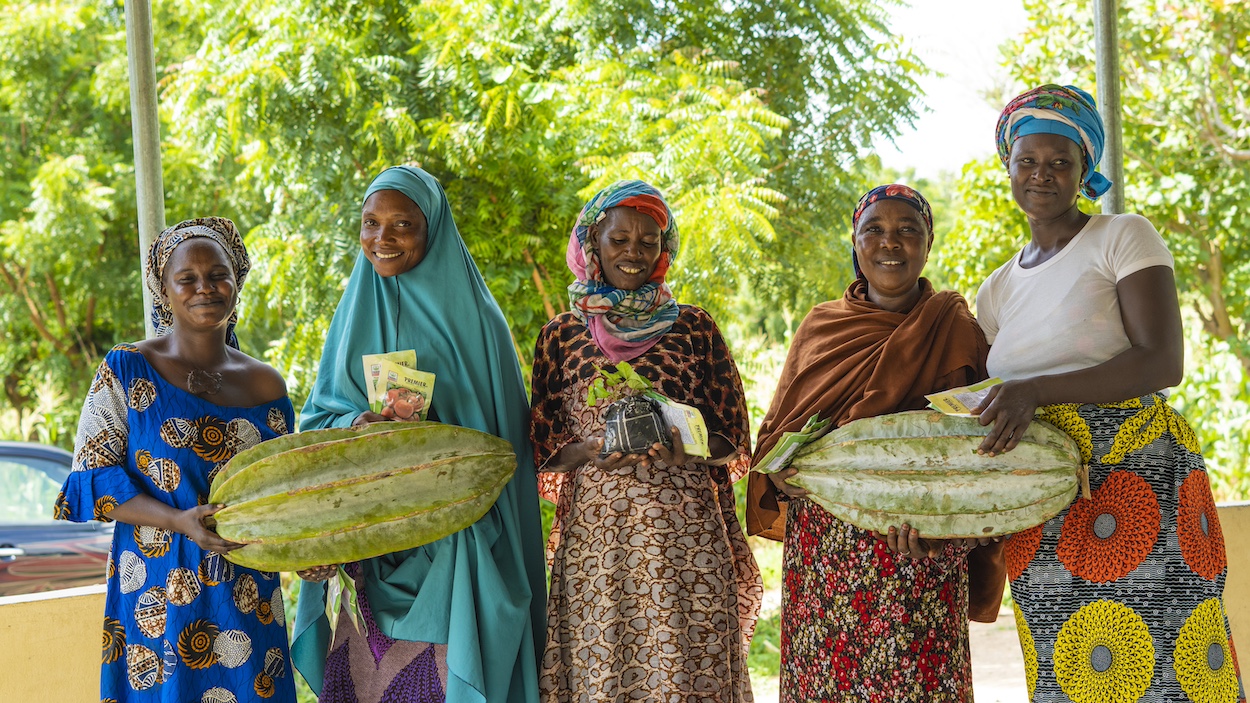
Nuru Nigeria Farmers, 2023
Nuru is named a Zayed Sustainability Prize finalist for the second time.
Nuru Kenya Managing Director Pauline Wambeti is Named Nonprofit Leader of the Year by Anthem Awards.
Amy Gaman, Nuru Nigeria Managing Director, is named a West Africa Acumen Fellow.
Nuru launches in its fifth country of operations, Ghana.
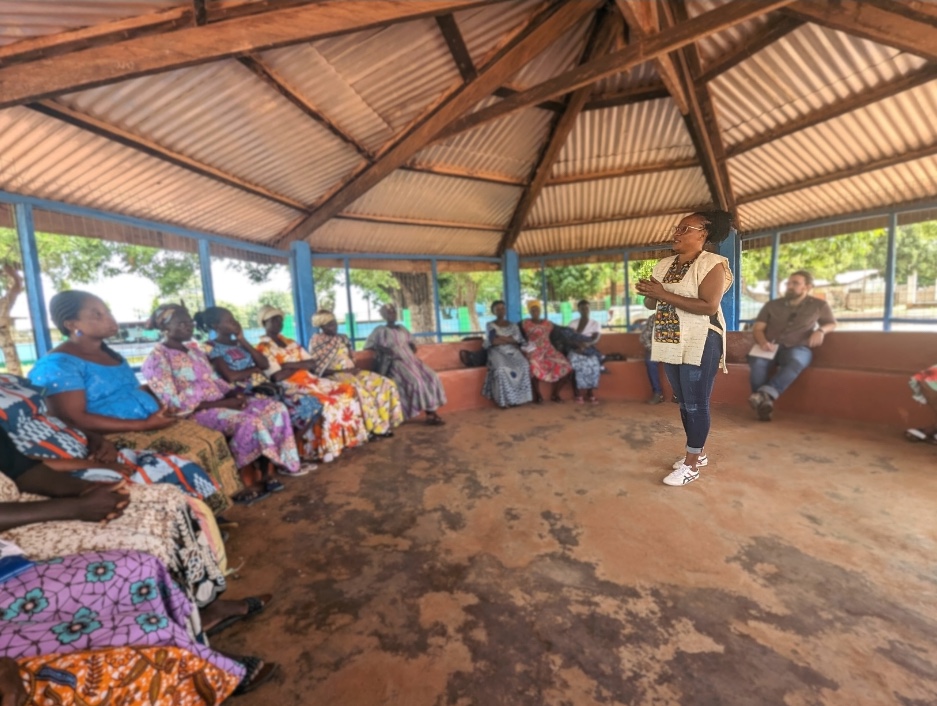
Nuru Ghana, 2023
For the third time, Nuru is named as a Best Nonprofit to Work For by the Nonprofit Times.
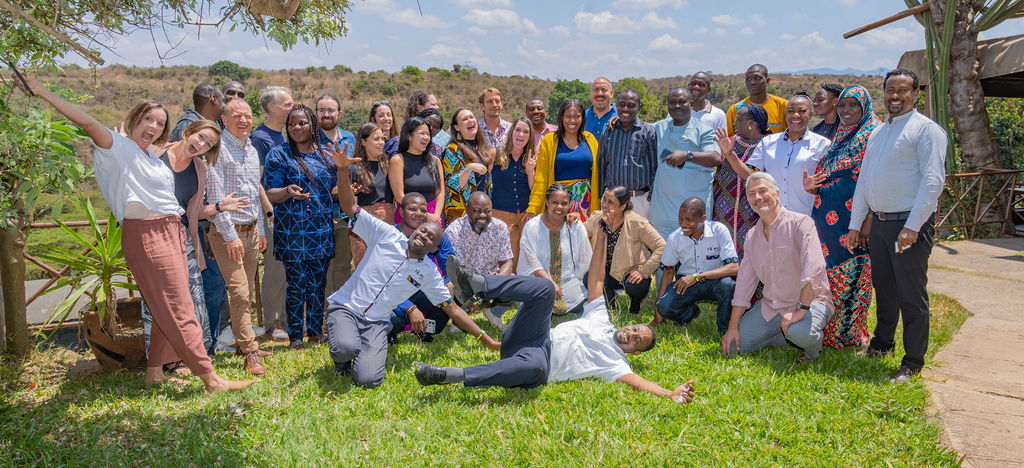
Nuru Team Members, 2023
FAQs
-
What are the reasons Nuru works in a particular country or community?
Nuru identifies countries and communities on the basis of strengths and needs, the ability to work with local stakeholders while maintaining safety, and local demand, buy-in, and ownership. In terms of need, Nuru’s vision is to work at the intersection of extreme poverty, vulnerability and fragility. Extreme poverty is increasingly concentrated in fragile states, which are characterized by fragmentation along the lines of cohesiveness, economics, social and political dynamics. Food insecurity and violent dynamics further punctuate these landscapes over time, aggravating stress and conflict into emergency and catastrophe. Nuru specifically seeks to intervene in countries and regions experiencing stress and crisis levels of need, in order to keep the next stressor from pushing these areas into emergency or catastrophic circumstances. Nuru champions community-based and locally-led development that ties marginalized rural areas into the greater region and economy.
-
How do people experience change in their lives by working with Nuru?
Nuru equips farmers to move from subsistence farming to farming as a business through formal agribusinesses. Through their Nuru-supported agribusinesses, farmers are equipped with the training and resources to diversify their crops and increase their crop yields through climate-smart agriculture practices. Additionally, farmers gain access to reliable offtakers (markets) for their produce. With increased yields and reliable markets, farmers are able to increase their income. This increased income is critical to farmers living in extreme poverty. As farmers are better positioned to cover necessary household expenses and save for future unexpected financial shocks, their resilience increases and they begin to chart a path toward prosperity.
-
What are agribusinesses?
Nuru-supported agribusinesses are farmer-owned and maintained multi-purpose cooperatives that make measurable progress toward financial sustainability, efficient management, and strong leadership. Cooperative agribusinesses provide socio-economic benefits to their community with a foundation based on the seven cooperative principles.
-
What is resilience?
Resilience is the capacity of a system or person to withstand or recover quickly from a shock. Especially while working in vulnerable and marginalized communities, Nuru cannot unlock economic potential without building resilience to shocks and stressors experienced by the local community. Much of the resilience is context-specific to the areas in which Nuru works. For instance, while one community may be primarily concerned with instability due to violence, another area may experience relative peace, but widespread drought. Communities often experience a combination of many different stressors all at once. To learn more about how Nuru measures its impact on resilience capacities, please see the Nuru Nigeria Resilience Study.
-
How do you define economic potential?
By ensuring rural people have the opportunity to act on their knowledge, skills and abilities, Nuru supports their journey in achieving their unique economic potential. Economic potential is the capacity to produce goods and services. As an entrepreneurship-promoting organization, Nuru promotes the perspective that financial gains must be bounded by environmental, social and economic responsibility. Nuru believes in an optimistic world where human ingenuity and collaboration contribute to shared prosperity. Nuru works to provide an enabling environment, through business development services and training that remove barriers for youth, women and marginalized populations, equipping them to tap into their vast economic potential.
-
What is the Sahel?
The Sahel is a region in Africa. The boundaries of this region are debated based on agroecological and political zones; however, IFAD recognizes the Sahel as a region that includes portions of the following countries: Senegal, Gambia, Mauritania, Guinea, Mali, Burkina Faso, Niger, Chad, Cameroon and Nigeria. To the north, these countries are borded by the Sahara Desert, while the southern border is comprised of humid savanna regions. The Sahel has faced significant impacts of climate change, including desertification, flooding, and biodiversity loss. The region is also especially vulnerable to the threat of growing instability, as violent extremist organizations (VEOs) become a growing presence in the area. The instabilities in the Sahel have far-reaching consequences, as this area has the ability to destabilize other regions.
Be Hope. Be Nuru.
When you give, you bring hope to farmer families and their communities.
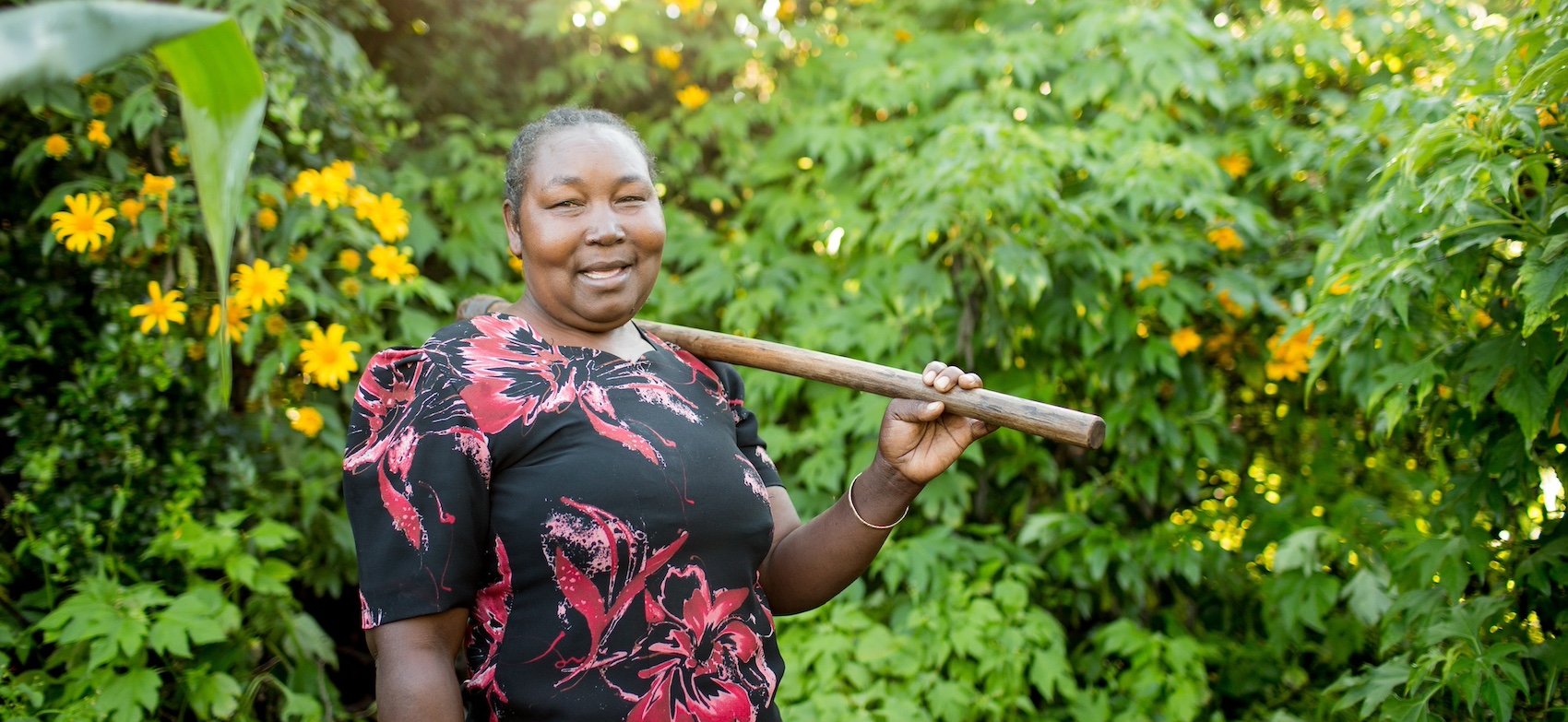
Nuru Kenya Woman Farmer, 2015


